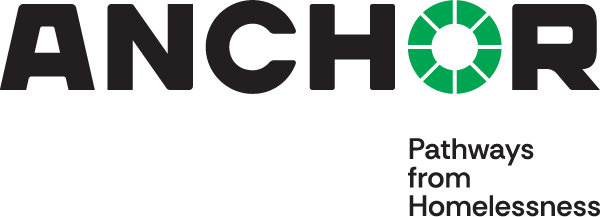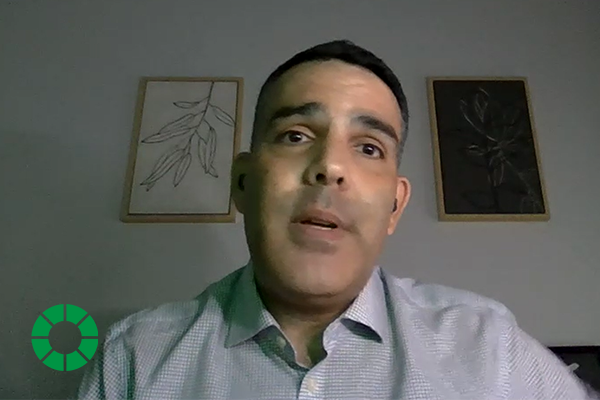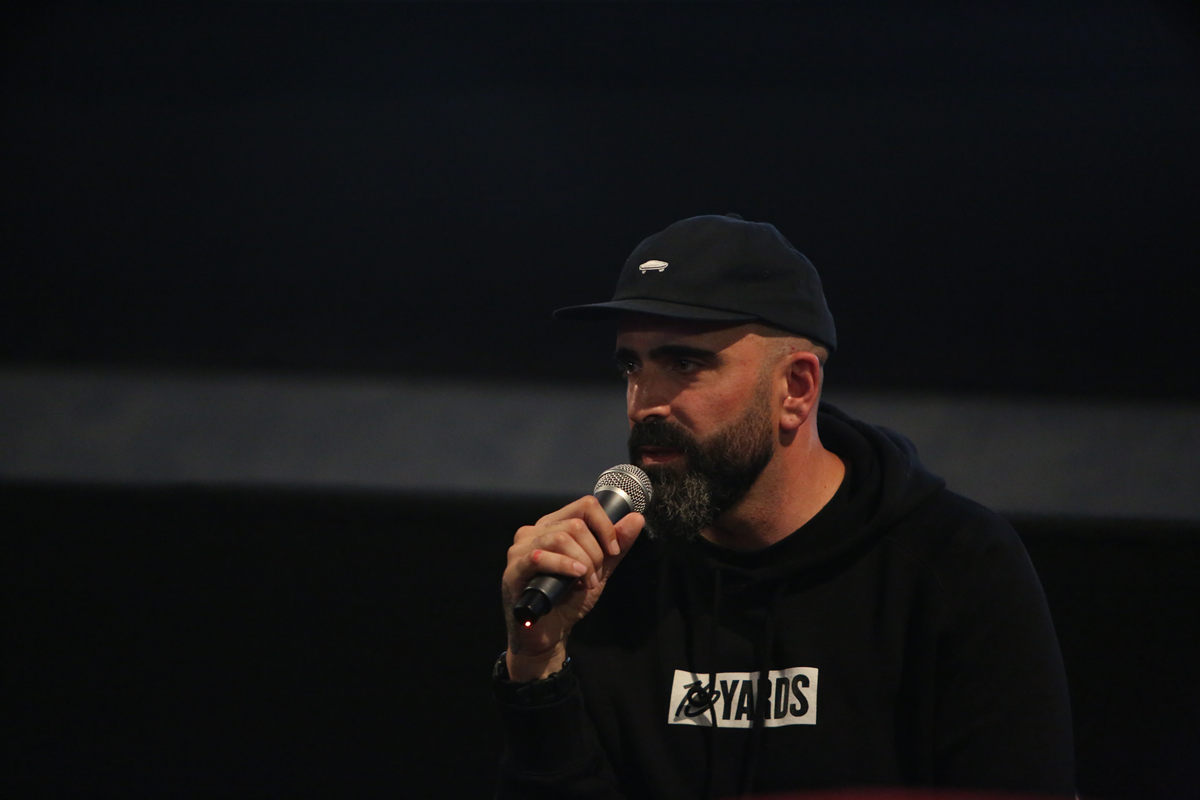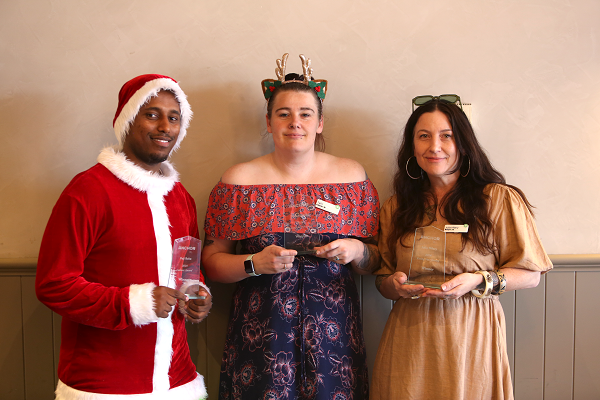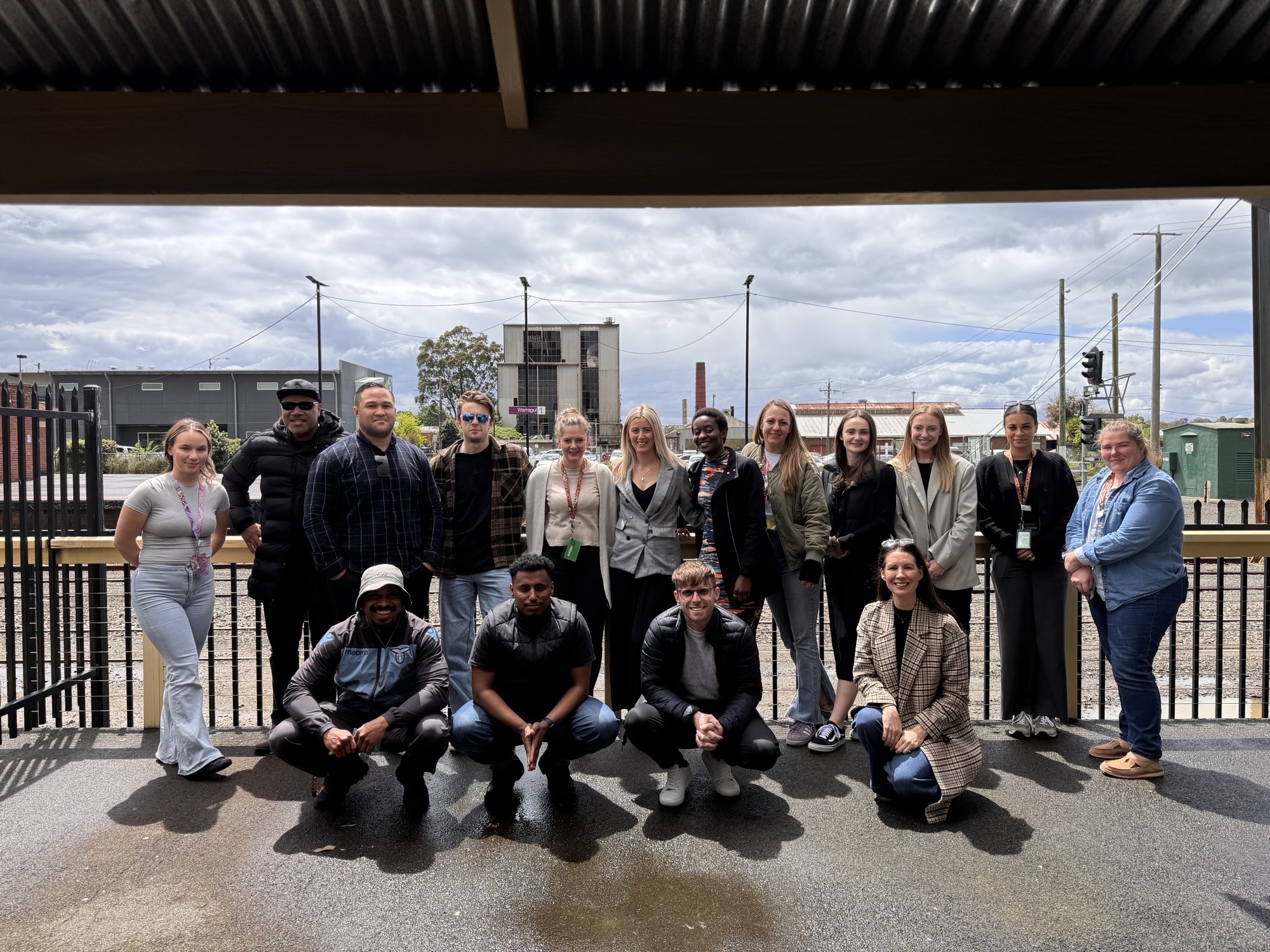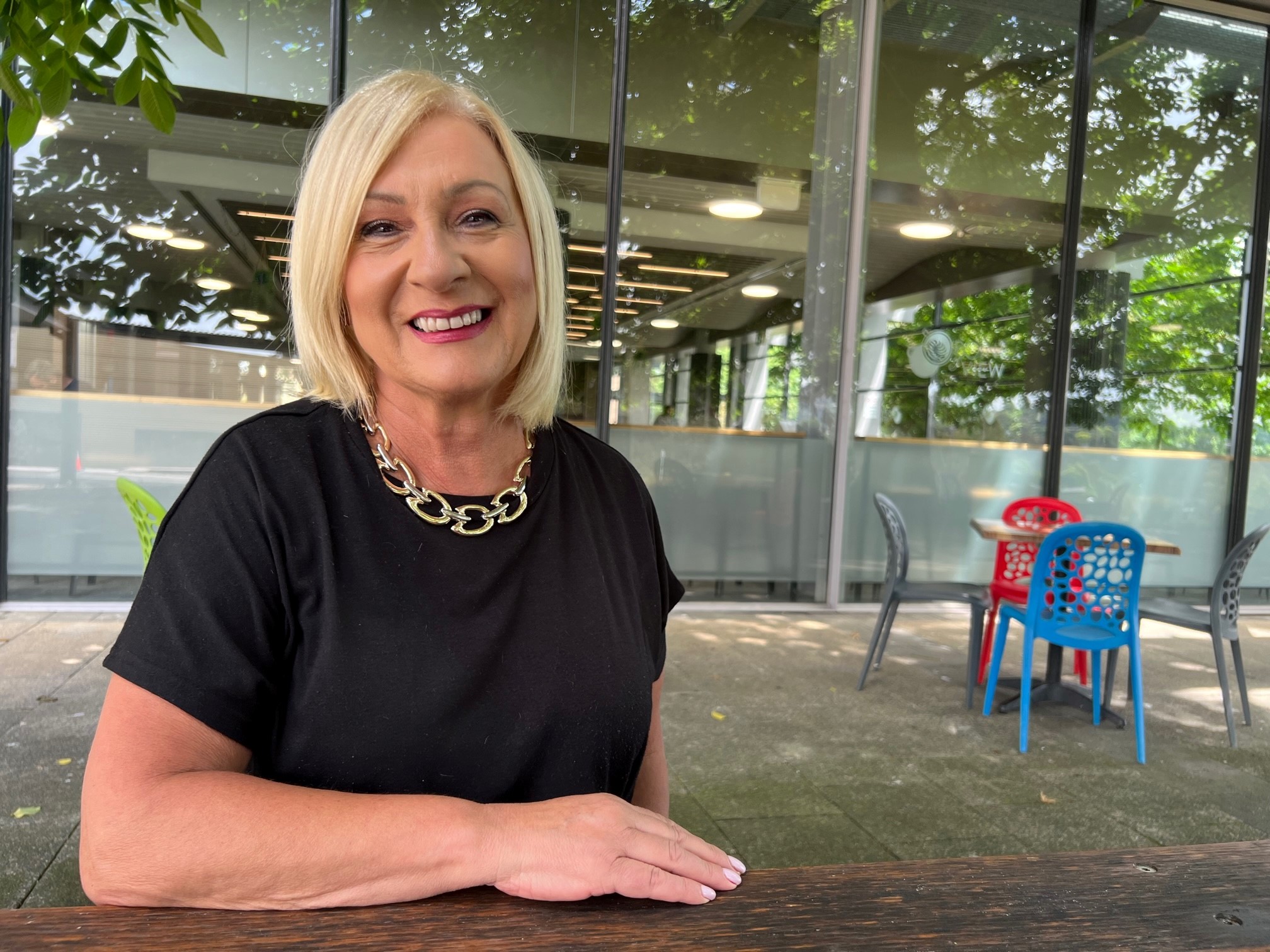We are pleased to announce that Renee Smyth recently joined Anchor to lead our Kinship Care team.
Renee brings extensive experience in social work, case management, and clinical leadership, with a strong background in supporting vulnerable individuals and families. She holds a Bachelor of Social Work (Honours) from Griffith University, where she was recognised for her outstanding academic performance. She is also a member of the Australian Association of Social Workers.
Throughout her career, Renee has held leadership and frontline roles across various organisations, including the South Eastern Melbourne Public Health Network, Child Protection, the Department of Social Services (National Redress Scheme), OzChild, and OnCall Group. Her expertise spans trauma-informed care, mental health support, out-of-home care case management, and clinical oversight of complex cases.
We are thrilled to have Renee join us and further our commitment in supporting children and families in the out-of-home-care system.
We sat down with Renee to get an insight into her work and what she brings to Anchor:
What brought you to work in the out-of-home care sector?
Having worked within the MH sector throughout my career alongside Child Protection and The National Redress Scheme, I had the privilege of working directly with victim survivors of mandated childhood removal and victim survivors of childhood institutionalised sexual abuse. Through this work I began to understand that poorer health outcomes for children in care arrangements away from their families of origin were anticipated, expected, normalised, but with a lack of consistent longitudinal change. I have come to the Out of Home Care Sector with a view to lead a team of case managers in their practice, who will embody highly critical analytical skills and a willingness and ability to secure positive outcomes and lives for our young people.
What makes you passionate about your role?
As an Aboriginal woman, I am keenly aware of the impact of past policies and practices upon the destruction of Aboriginal and Torres Straight Islander culture, language and identity, connection and belonging. I am passionate to lead a team that works with Indigenous and non-indigenous families who may have also been impacted by our policies and practices, to harness the voice, experience, and aspiration of our people in forward planning for their lives.
What do you see as being the biggest challenge that kinship families are facing right now?
The outcomes for children in kinship care are generally seen as positive in terms of identity formation, stability of placement, behavioural and mental health outcomes, however the Kinship Care network does not receive an appropriate level of robust fiscal support that is required for its efficiency and effectiveness.
What makes Anchor’s Kinship care team great at what they do?
Anchor’s Kinship team are constantly on the go for their families and young people, creating opportunities and meaningful interactions each day.
What do you love doing when you’re not at work?
When I am not at work I like to garden, walk and play with all of my pets.
